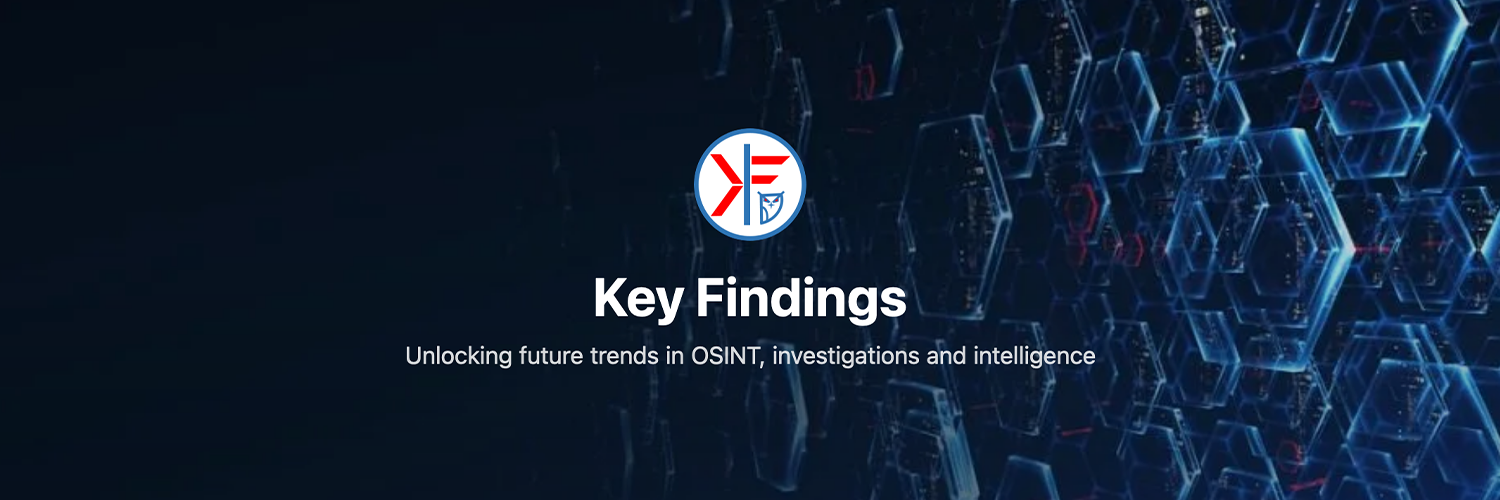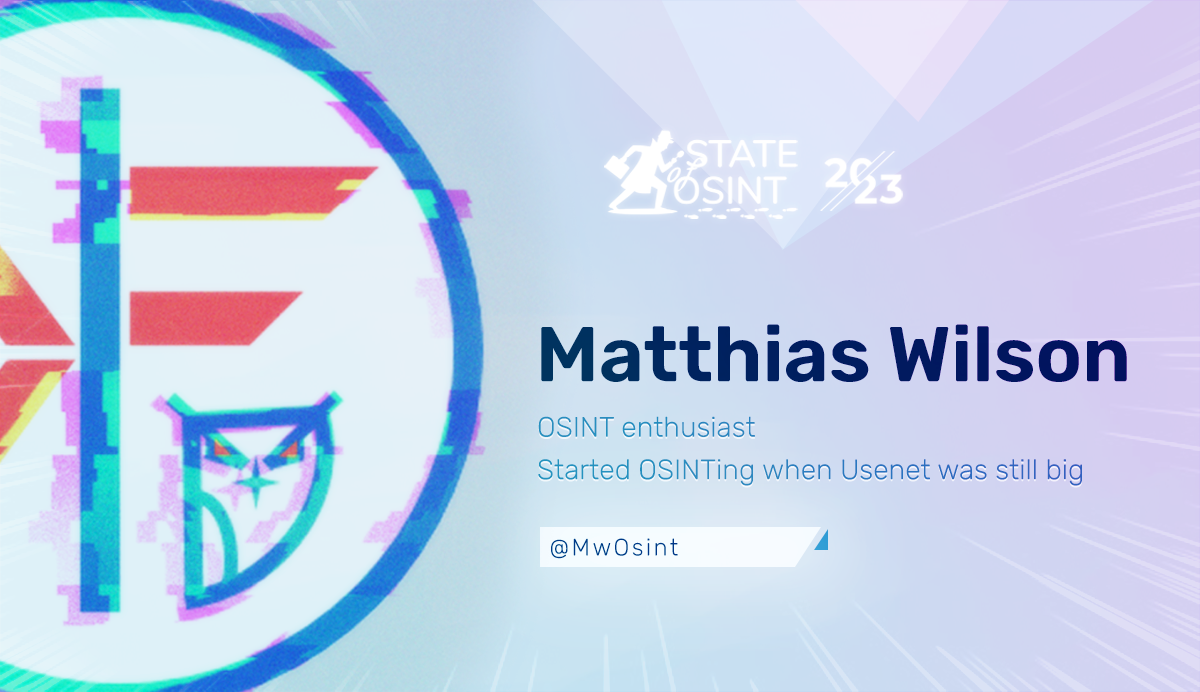Zewensec
Not only did OSINT assist with accurate news reporting, it also helped the civilians on the ground make well-informed decisions and escape combat zones.
On a personal note: traveling to Tbilisi and Vienna to conduct OSINT training for law enforcement. As with every training I give, I actually come back smarter. A new technique, a different source - there’s always something to learn from the students as well.
My OSINT highlight was a mock investigation I did while preparing a CTF for one of my trainings. Using a variety of different techniques, I was able to track car across multiple countries. From reverse image searching to SOCMINT, from URL manipulation to simple googling - this case had it all and I had seldomly been able to use so many OSINT methods successfully together in one investigation. For those interested, I’ll just say: G80 Java Green
Russia’s brutal war against Ukraine has everyone and their brother talking about or conducting OSINT. It’s sad that such a tragic event helped bring OSINT forward and that other people’s tragedies are some people’s chance to shine. Also, I feel that more and more so-called OSINTers are working in complete disregard of ethics and proper tradecraft when investigating online and reporting afterwards. While some investigations may seem like fun and games, there are often real lives negatively affected by our work as OSINTers. Publicly disclosing information should then be done in a responsible way and it saddens me that sensationalism often beats morals here.
That said, the ongoing transition in the world of social media saw new platforms rise (e.g. BeReal) and old ones change (e.g. introduction of dynamic IDs on Facebook). Not a trend per se, but just a reminder that what we learned or used in the past might not work tomorrow.
Since search engines and certain social media platforms often OCR text in images and index it, I’m always happy to find pictures that contain the keywords I search for. Phone numbers on billboards, license plates numbers on cars - you’d be surprised how many text-based queries lead to valuable information when going through the image results.
The use of pseudonyms is making it harder and harder to find people online. Social media accounts with real names will slowly fade away over the coming years (except career platforms). So in certain regions of the world it will become more and more challenging to track individuals online. At the same time, I think the realm of GEOINT will continue to flourish. Better access to high-res satellite imagery, useful tools and scripts to analyze geo-based data (e.g. Overpass Turbo) will be enhanced and made more accessible.
I’ve learned a lot of OSINT on Twitter, met tons of great OSINTers on the platform. The current developments are worrying and while I don’t think the platform will completely collapse, it certainly won’t be the central hub for all that is OSINT if Elon continues on his path. A decentralisation of information on OSINT spread across multiple platforms will likely occur and to be honest, I’m too old and lazy to put up with Discord, Mastodon, OSINT on Instagram and whatever other platforms emerge all at the same time.
If you’re a German speaker, keep a lookout for the German Open Source Intelligence Conference 2023! While the 2022 was unfortunately canceled, OSINTGeek and I have great plans for the GOSINTCon 2023. And for this we need you support! If you have an interesting case study, a cool new method or technique you want to share with the German-speaking community, please do apply once the CFP is up!
Keep doing what your doing and giving different OSINTers from different fields of work or backgrounds are chance to present their view of things! This is what makes the OSINT community strong and what enables us to learn from others.
 Key Findings Blog https://keyfindings.blog/
Key Findings Blog https://keyfindings.blog/
